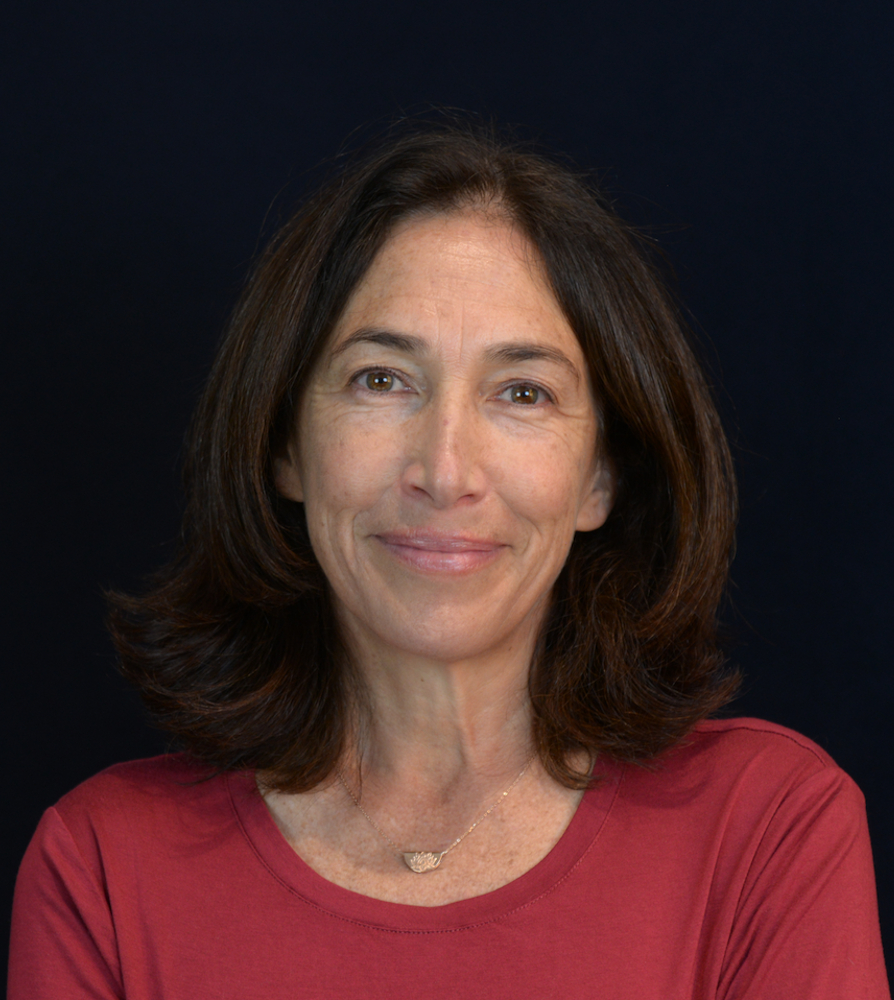NIODA Symposium 2019
Building Healthy and Ethical Organisational CultureFor those who wish to understand, study and explore the conditions that build, promote and sustain healthy and ethical organisational cultures.
Friday 13th September 2019
Thursday 12th optional pre-symposium dinner
Building Healthy and Ethical Organisational Culture
This symposium is for those who wish to understand, study and explore the systemic conditions that build, promote and sustain healthy and ethical organisational cultures. In so doing, the symposium also hopes to address the socioanalytic or system psychodynamic bases of corrupt and unethical practices; indicators of problematic practices; the emergence of whistleblowing and the factors that guard against corruption of organisational purpose and task in order to promote a healthy and ethical organisational culture.
As we have recently been discovering, many of our primary institutions of business, banking, religion, health services and the media have succumbed to profit-and-power-first cultural dynamics amidst a kind of selective blindness about what is occurring by those in senior roles. Hence, the increasing number of situations where whistle-blowers emerge and the growing number of Royal Commissions that are established to investigate corrupt practices. We are mindful of the cover-ups and denials that are acted out, and the shame that is experienced by organisation members – often those with little power but who are caught firmly in the culture of the organisation and whose roles are coloured by it.
But not all organisations within these broad institutions are subject to such dynamics. For many, prosperity lies in designing and trading excellent products and services. It lies in providing jobs for a satisfied workforce and customers. It lies in providing outcomes for the community such as products, utilities, good governance, health and education. Such organisations are able to go about their primary business and tasks without the slide into bad practices.
So, what are the conditions that build, promote and sustain healthy and ethical organisational cultures? The symposium will provide a space for examining this question.
Keynote speaker: Cris Parker
Director, The Banking and Finance Oath
Manager, The Ethics Alliance, The Ethics Centre

Symposium sponsor partner
Cris Parker is a driving force behind two of Australia’s most profound initiatives working to bring ethics into everyday professional life. She is Head of The Ethics Alliance, a community of organisations of every size, type, and sector that are connected through The Ethics Centre to collaboratively shape the future of business with ethics. Cris is a director of The Banking & Finance Oath, a program she headed to foster ethical conduct among financial services professionals through support and a pledge of integrity. Cris draws on her social science degree and her experience as both an actor and producer in establishing a New York – based theatre company, casting agency, and production studio to bring a deep appreciation of human behaviour to her work.
Keynote speaker: Dr June Smith
Deputy Chief Ombudsman
Dr Smith was previously AFCA’s Lead Ombudsman of Investments, Advice, Superannuation and Life Insurance.
Dr Smith was also CEO of the Code Compliance Monitoring Committee for the Code of Banking Practice, and General Manager of Code Compliance and Monitoring at Financial Ombudsman Service (FOS).
Dr Smith has a PhD in Law from Victoria University, specialising in professional and business ethics and organisational decision-making within financial services organisations. She also holds a Bachelor of Arts (Hons) and a Bachelor of Laws degree from the University of Melbourne.
Dr Smith’s current appointments include:
• Member, Victorian Racing Tribunal
• Adjunct Fellow, College of Law and Justice, Victoria University
• Member, Racing Victoria Appeals and Disciplinary Board
• Member, ANZOA
• Graduate Member, Australian Institute of Company Directors
• Member, Women on Boards
Keynote speaker: Silke Harms
Topic: Diversity in the Accounting Profession
Silke’s professional life began as a bookkeeper, then as a Business Services Accountant and from there as Human Resource Manager, at various firms in the Professional Financial Services (PFS) sector.
Moving from the corporate world to academic research in 2017, armed with an accounting degree from Monash University and a Master’s degree from Swinburne University of Technology, Silke enrolled at Victoria University, to study for a Professional Doctorate.
The knowledge and experience gained from a life spent in the profession has provided insight and understanding into the culture and climate of accounting firms, which have a predominate eye on the bottom line, a high productivity and profit culture, one that supports and rewards financial success.
Moving into academic research was precipitated by a seismic shift in the profession, of the escalation of multiculturalism, of cultural diversity’s emergence in the workforce over the past two decades.
In an endeavour to maintain, whenever possible, a western homogeneous culture has created many challenges and difficulties for the profession and its workforce.
By presenting a well-researched thesis and business case for partners, by identifying the influencers that improve productivity and generate positive performance outcomes, Silke aims to encourage and motivate change; for partners to promote and support an inclusive, diverse, organisational culture and climate in the profession.
Keynote speaker: Stan Gold
Topic Unthinkable Evil
Graduating in Medicine in 1957, Stan undertook training in Psychiatry at Guys/Maudsley hospital between 1959 &1964, his final two years as an inaugural research fellow in Child Psychiatry. Subsequently Associate Psychiatrist Royal Children’s Hospital and Senior Consultant Psychiatrist Prince Henry’s hospital Melbourne.
With the development of the Department of Psychological Medicine Monash University, Stan held the positions of Professorial Associate and consultant Psychiatrist and subsequently Senior Lecturer and Chair of the centre for Psychodynamic studies until retiring in 2010. Whilst there he developed the Post Graduate Diploma in Mental Health for members of the teaching professions.
Clinically trained and carried out practice in individual and group psychotherapy and Psychoanalysis until June 2014.
In 2000 Stan became a member of The International Society for the Psychoanalytic Study of Organisations, (ISPSO.org) and then became President, (2012/2013) and is am a current International Consultant to the (International) Journal of Organisational and Social Dynamics.
Stan is currently a member of the Mental Health Tribunal (VIC), where he is also assisting to develop equity in the structure and responsibility among disparate professional members of the tribunal.
Paper Presentations
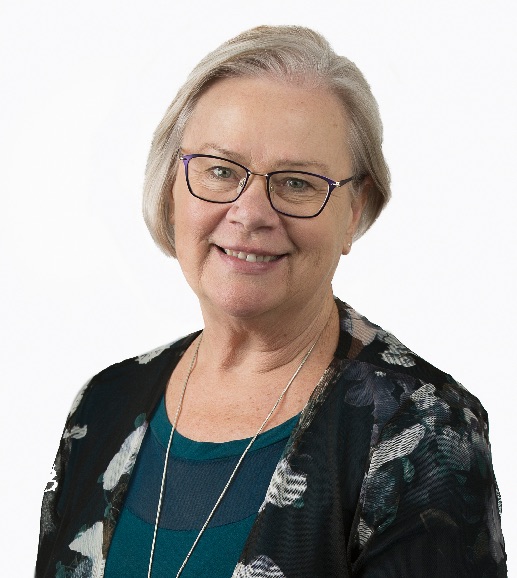
Dr Bernadette Miles
How can spiritual consciousness contribute to healthy and ethical organisation culture?
Bernadette Miles is co-director of Kardia Formation P/L. Kardia offer companionship of empowerment for women and men through spiritual direction, Spiritual Exercises, supervision, and various programs for personal and leadership development.
Bernadette has ten years experience in coursework development, lecturing and administration of postgraduate study in the field of spiritual formation for Sentir Graduate College of Spiritual Formation, (University of Divinity). With a background in business management and organisational dynamics, Bernadette’s special interest is the integration of spirituality into the field of leadership and Organisational Development.
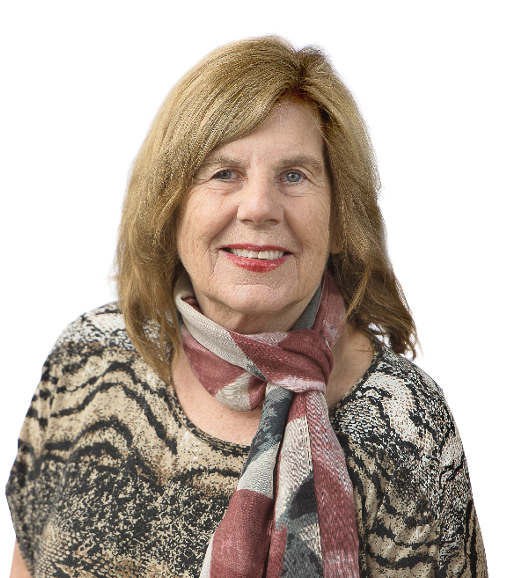
Dr Susan Long
Transforming Perverse Organisational Structures: the whistleblower journey
Susan Long is Director, Research and Scholarship at NIODA. Currently, she supervises research students and conducts organisational research. Susan also teaches and supervises doctoral candidates at universities including Melbourne Institute of Creative Arts Therapy and supported through the NIODA, teaches in the INSEAD program in Singapore.
As an organisational consultant in private practice Susan works with organisational change, executive coaching, board development, role analysis, team development and management training.
She was the founding President of GRA and a past president of ISPSO. Her participative research has attracted grants through the Australian Research Council and industry. She has published eleven books and many journal articles.

Mrs Nicola Murray
Influencing an Organisation’s Moral Third Through Exploring Intersubjectivity
Nicola Murray, BA, PgDip, MA, MSc is an organisational consultant, executive and team coach, business psychologist, facilitator and conflict resolution expert. She is proficient in applying psychological and business knowledge and skills to enhance the performance of leaders, groups/teams and whole organisations.
Nicola has substantial experience of working across cultures advising, designing and delivering organisational change, growth & learning initiatives. Her style is open, creative, and supportive within a challenging framework.
Nicola brings energy, and enthusiasm to all she does and thrives in working with others in a collaborative approach. Her work passion centres on creating safe spaces for courageous conversations and learning within the context of transitions and
thresholds. Nicola has over 20 years experience working in the private sector within consultancy firms (Accenture & Monitor Consulting), leading teams (BMW, Three Architecture & Dimension Data), as an independent consultant (Tonic Ltd), and as a senior, internal organisational consultant (Investec).
Nicola’s work draws on an integrative methodology, working with both the
visible and hidden dynamics to effect meaningful, transformative change at
individual, group and whole organisation levels.
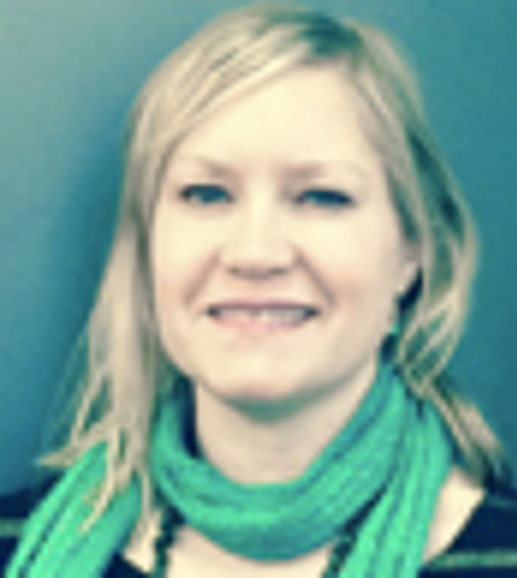
Ms Liz Brnjak
Cultural challenges for contemporary organisations. An exploration of the ground in which the seeds of corruption take hold.
Liz Brnjak, MAppSci, GradDipPsych, BSW, BA, has had 20 years in the public health sector ranging from clinical and leadership roles in Child Protection, Primary Health Care and Tertiary Mental Health Services. Liz has also worked in the private sector as a Senior Organisational Consultant with The Centre for Leadership and Management (CLM) and The Australian Childhood Trauma (ACT) Group.
Liz is co-founder and Principal Consultant of CIL Consultancy who focus on change, innovation and leadership for the public sector. Liz also sits on the Directorate of Group Relations Australia with a focus on membership communication and projects.

Mr Fred Wright
Cultural challenges for contemporary organisations. An exploration of the ground in which the seeds of corruption take hold.
Fred Wright, MAppSci, MSW, GradDip(Crim), BA, has almost 40 years’ experience in public sector administration in a range of operational and senior management positions across Victorian Government Departments including Justice, Human Services, and Environment.
He is on the Directorate at Group Relations Australia and a board member of NIODA. He is also Co-Chair of the Asia Pacific Regional Advisory Committee and member of the International Outreach Committee of the International Ombudsman Association.
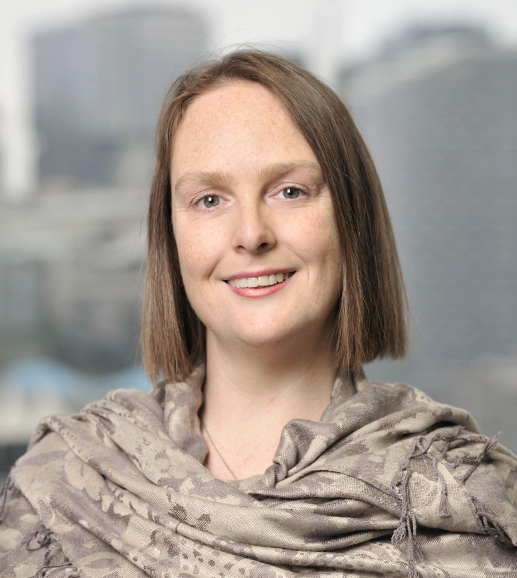
Ms Jenny Smith
Authenticity as a virtue in the mitigation of conduct risk
Jenny is a systems psychodynamically trained and orientated professional with experience in OD consultation, executive coaching and leadership development. She currently works as GM People and Safety for an Australian energy company.
Jenny holds Masters level qualifications in Organisational Dynamics and Ethical Philosophy.
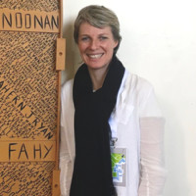
Ms Kristina Karlsson
Mutual recognition in the workplace: just do it?
Kristina Karlsson is an organisation development consultant and coach. She is driven to work with people to understand opportunities for growth while helping them to remain in touch with their humanity and with the humanity of others.
Since 2007, Kristina has worked in the public sector where she has lead processes to resolve native title claims, implementing settlement agreements with Victorian Traditional Owners, and developing diversity and inclusion strategies and programs.
Kristina has published articles and given papers on current challenges to organisations in the emergency management sector. In 2004, she developed the first edition of Protocols for Lawyers Acting for Indigenous clients in the Northern Territory.
Kristina has a Masters Degree in Leadership and Management (Organisation Dynamics) from NIODA with Distinction. This supplements her degrees from the University of Melbourne in Law and Arts (majoring in English language and literature).
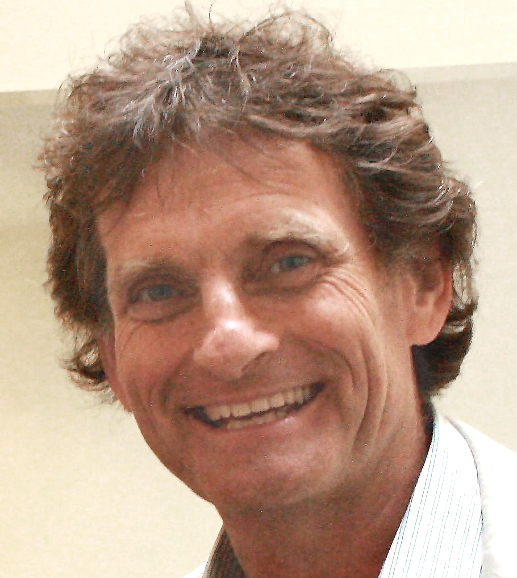
Mr Peter Ernest
A ‘culture initiative’ – a consultant’s reflections on the influence of a system psychodynamic approach to interventions on an organisation’s cultural journey
Peter Ernest is the Chief Experience Orchestrator (CEO) and founder of Values Journey, a boutique consulting practice. He works with groups and organisations (increasingly using system psychodynamic and process-consulting approaches), with the culture, the leaders, managers and teams. His professional background began as an architect, transforming over years to diverse roles spanning consulting, facilitating, outdoor experiential learning and teambuilding, entrepreneurship and leadership, health resorts and health retreats. Demand from clients has created opportunities for Peter to travel and work with groups around Australia and internationally, in over a dozen countries around Asia, across the United States, in Europe and the Middle East.
He is currently completing his third and final year of a Master of Leadership and Management (Organisational Dynamics) at NIODA. An additional role he enjoys at NIODA is as the Student Representative on the Academic Board of Governance.
Building Healthy and Ethical Organisational Culture Symposium
Day(s)
:
Hour(s)
:
Minute(s)
:
Second(s)
Building Healthy and Ethical Organisational Culture
13 September 2019, 9am – 4:30pm from $350 in Parkville, Melbourne, Australia. Don’t miss out!
Last year the 2018 Symposium was:
Leading and Managing in the Emergency and Trauma Sectors
Exploring the dynamics of interoperability before, during and after crises
The proceedings and papers from this event can be read by clicking the link below
When & Where
Building Healthy and Ethical Organisation Culture Symposium
DATE:
Friday 13th September 2019
Optional dinner Thursday 12th
TIME:
9am – 4:30 pm
LOCATION:
St Hilda’s College
19-25 College Crescent, Parkville, Melbourne Australia
Comprehensive
SYMPOSIUM + DINNER- Full day symposium
- Panelists
- Numerous paper presentations
- Morning & afternoon tea
- Symposium lunch
- Dinner Thursday 12th
Full day
SYMPOSIUM- Full day symposium
- Panelists
- Numerous paper presentations
- Morning & afternoon tea
- Lunch
- Dinner not included
About NIODA
The National Institute of Organisation Dynamics Australia (NIODA) offers internationally renowned post-graduate education and research, and decades of experience consulting with Australian organisations. In 2018, their annual Symposium will explore the dynamics of interoperability and work within the emergency and trauma sectors.
The study of organisation dynamics brings together socio-technical and psychoanalytic disciplines to explore the unconscious dynamics that exist in every group, team or organisation. Learning more about these theories, and reflecting on the experience of them, can support leaders and managers to unlock great potential in their organisations, tackling issues through a whole new light.
Get In Touch
PO box 287, Collins Street West Melbourne 8007 Australia
+61 414 529 867
info@nioda.org.au

